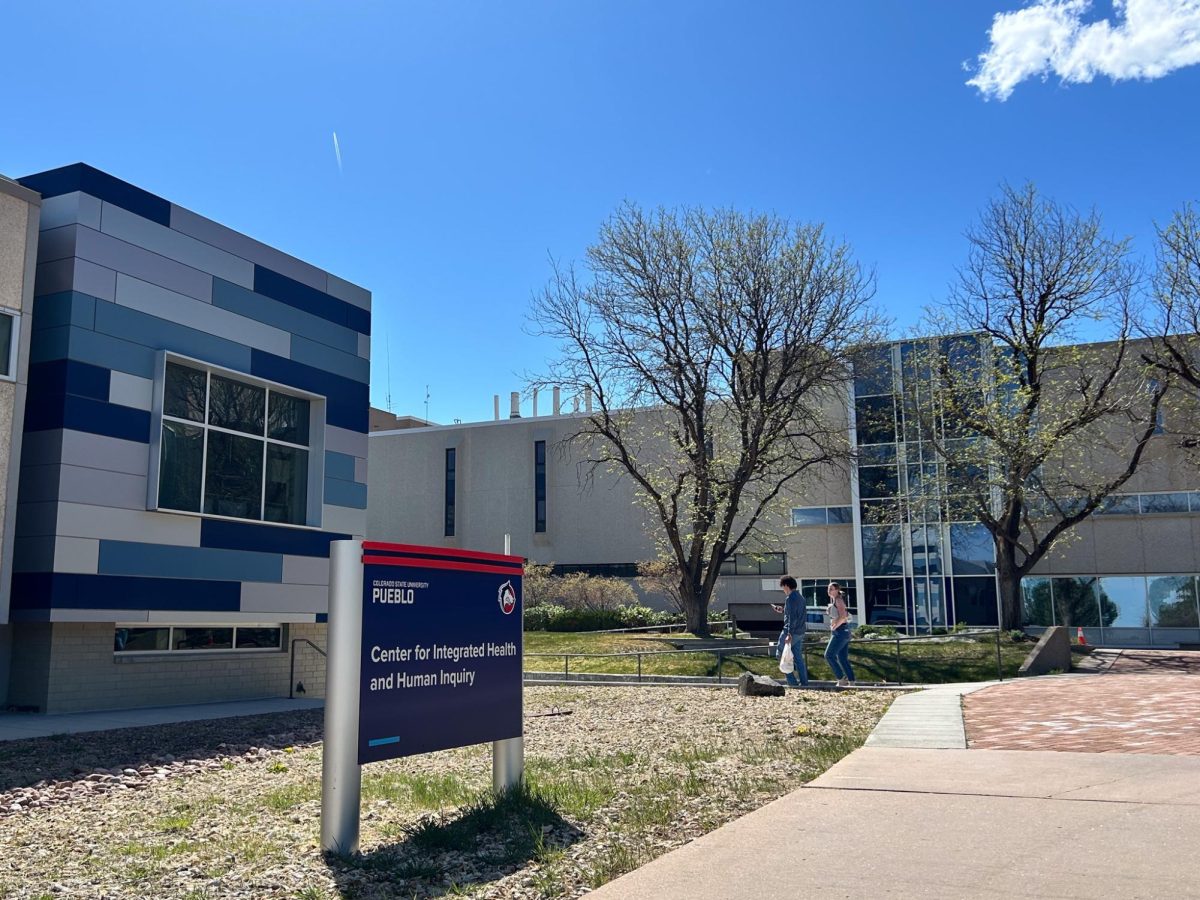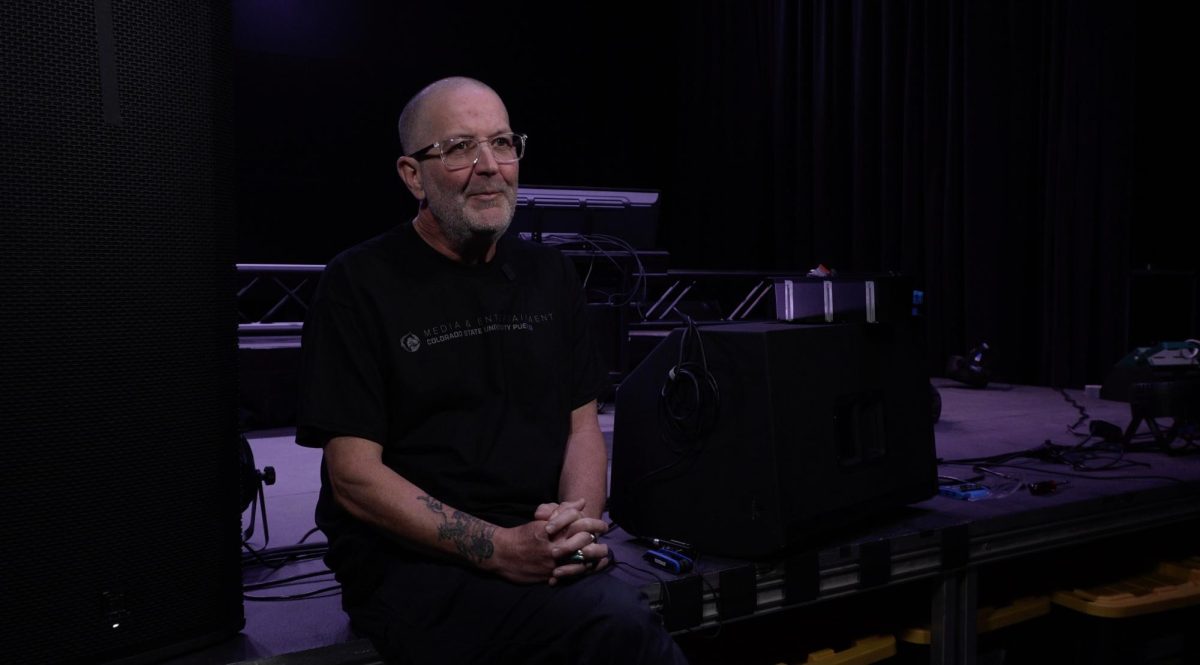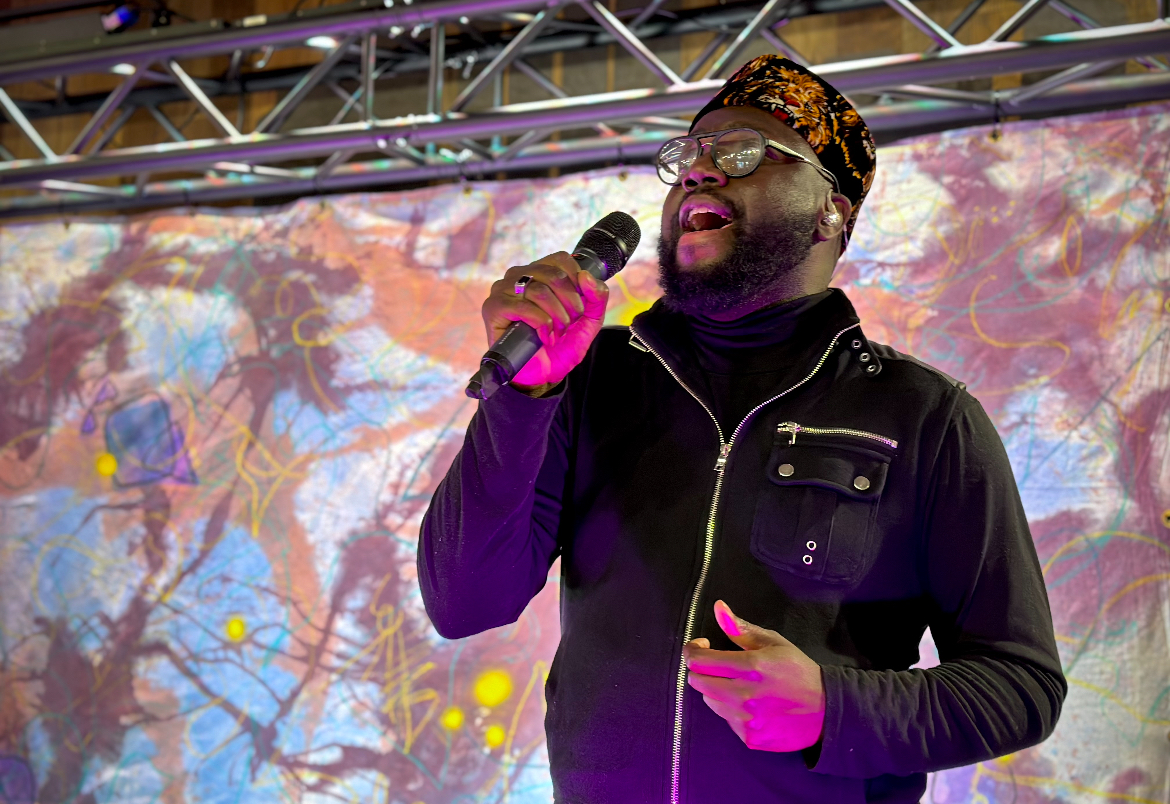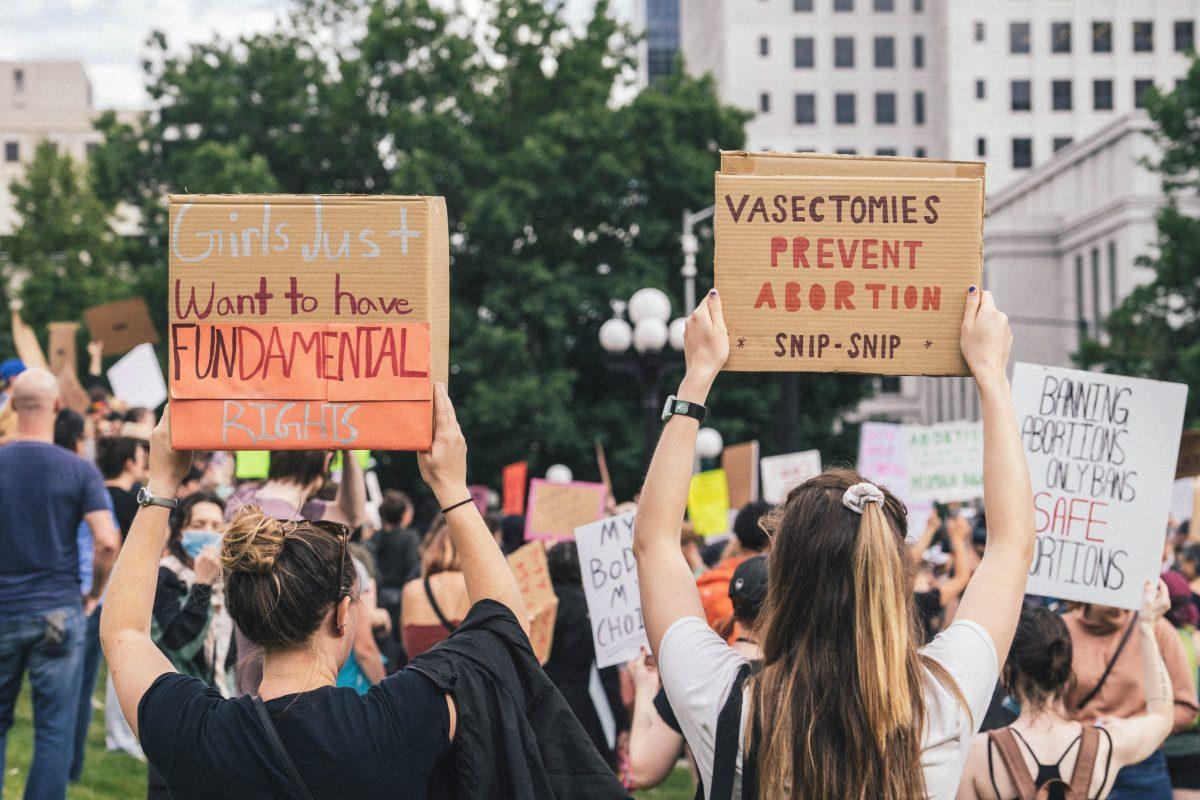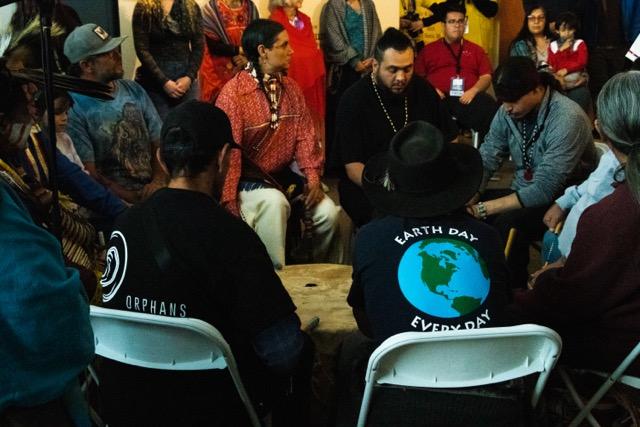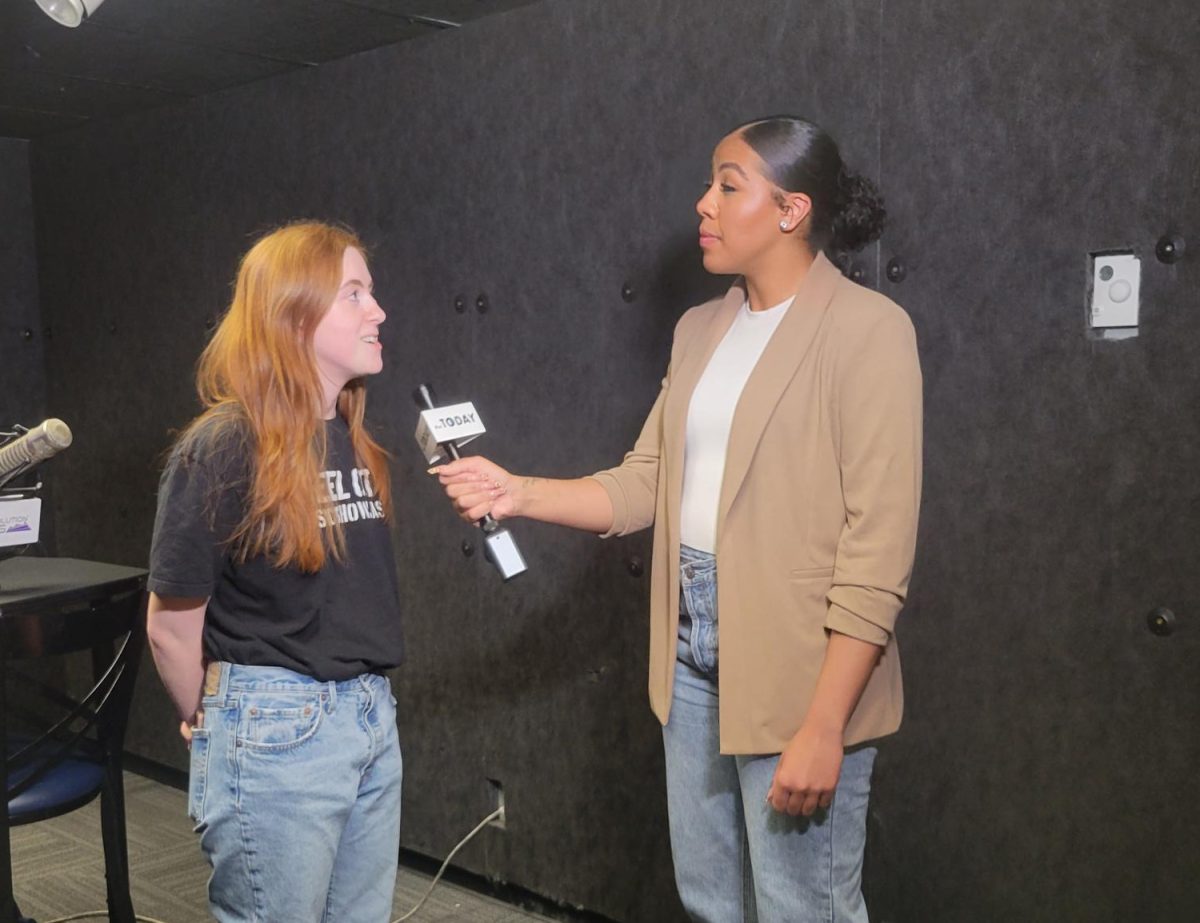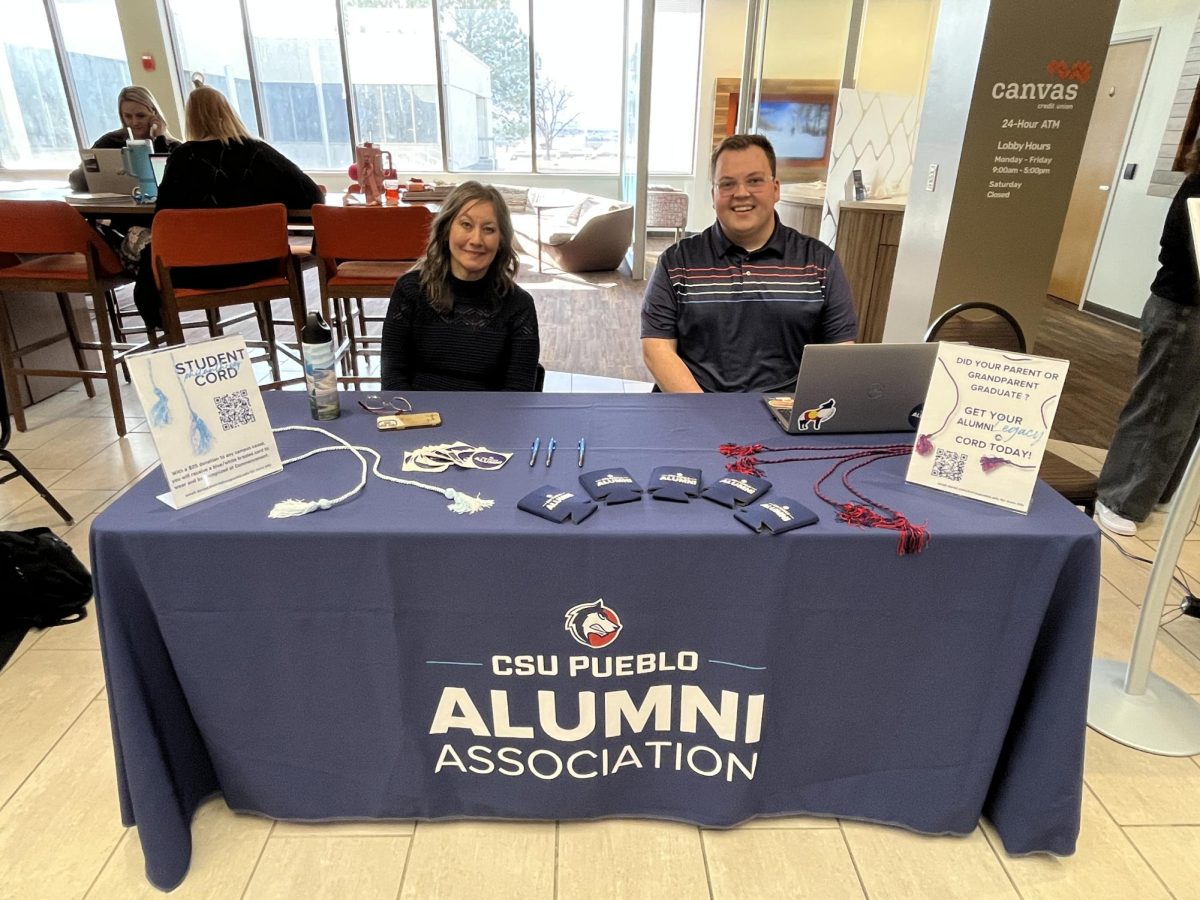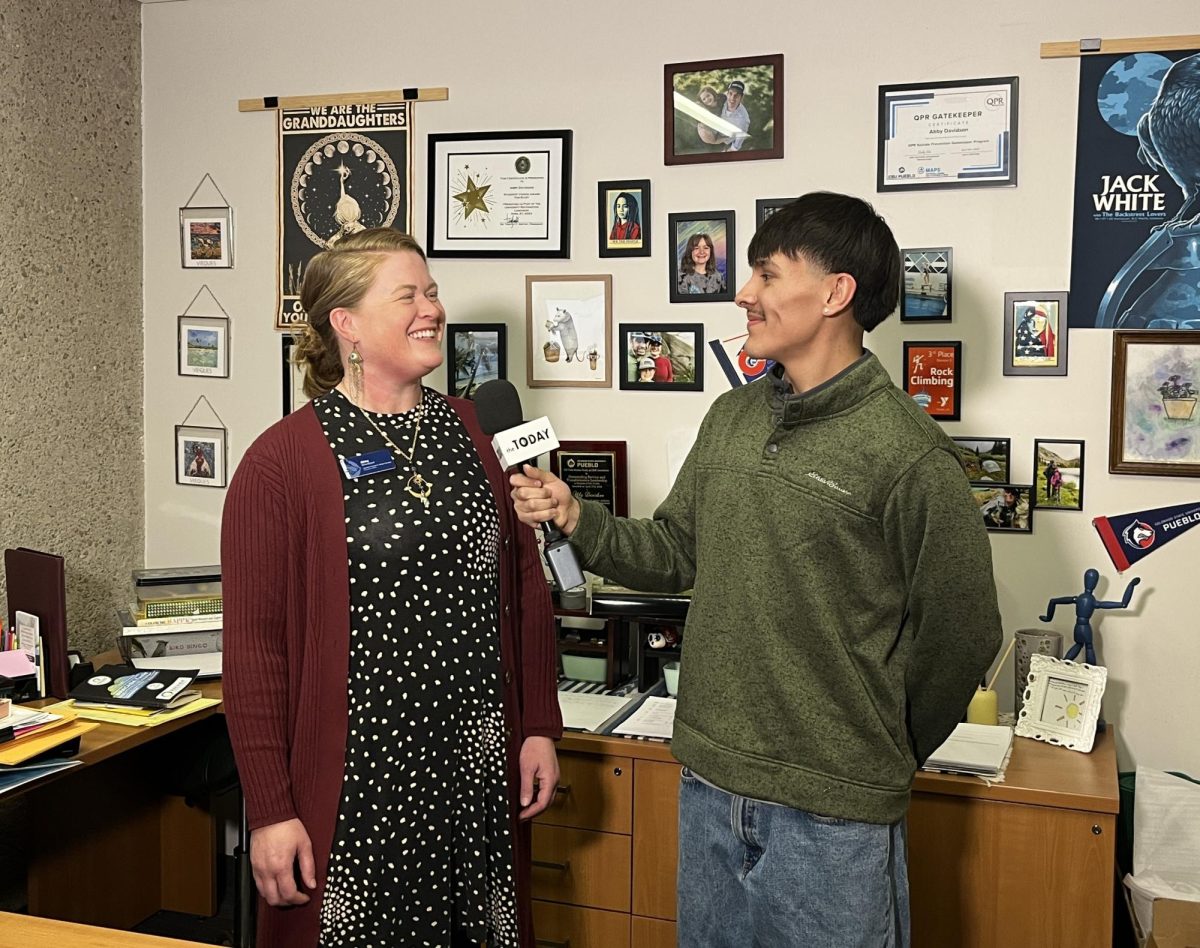By Hailee Langowski
Nicole Ferguson is the director of compliance and Title IX coordinator at Colorado State University Pueblo. She explained that Title IX of the Federal law on education is aimed at gender-based equity.
As many women could not participate in athletics in the 1970s, Congresswoman Rep. Patsy Mink from Hawaii helped pass a bill that stated universities would not receive federal funding if women were not receiving equal opportunities as men. The initial purpose of the law was to say women could participate in athletics. In the 50 years since, the Supreme Court ruled the Title IX policy also applied to sexual harassment and sexual misconduct.
If a person is sexually harassed or abused in some way, Ferguson said, they cannot have the same access to their education and school compared to someone who doesn’t have that experience. The Title IX law was outlined in that way for universities and schools to provide provisions for these people, making sure that these sorts of sexual harassment incidents do not occur and creating specific student experiences and opportunities that are equitable.
Ferguson said she appreciates the gender-based equity portion of the law because, for a long time, Title IX applied heavily toward women. It is not new that men or other individuals can also be victims of sexual harassment and assault.
“I feel like every student should have equal opportunities and be treated equitably regardless of gender, sex or identity. Whatever we have to do to protect them, I am all for.” – Nicole Ferguson, Colorado State University Title IX coordinator and director of compliance
“I want everyone to have the same opportunity to participate in college. Be the best person they can be and get their education; whether that involves sport or otherwise… making sure we have a safe environment on campus, and everyone feels like they are getting a fair shot,” said Ferguson.
Ferguson mentioned Dr. Paul Plinske, CSU Pueblo’s athletic director and vice president for athletics and strategic partnerships, who is a strong advocate and ally of Title IX. It is important to him for all athletes at CSU Pueblo to have fair and equal opportunities. Equity amongst men and women in sports, scholarships and opportunities for women’s teams are essential to Ferguson and Plinske.
Recent international bans on trangender women in swimming and rugby this week raised questions about whether Title IX would protect athletes who identify as transgender. Unfortunately, the answer is unclear, as these policies are continuing to take shape under President Joe Biden’s administration. The president did release new policies on June 23 protecting transgender students from sexual harassment or discrimination on campus, but it had not yet established guidelines regarding whether those same students could participate on the team of their choosing.
Ferguson mentioned other title laws, such as Title VI and Title VII, which protect against class harassment that affects sex and gender. If it was ruled transgender student-athletes were protected under Title IX, Ferguson believes there can be protections to help under Title VI and Title VII.
She said: “I feel like every student should have equal opportunities and be treated equitably regardless of gender, sex or identity. Whatever we have to do to protect

CSU Pueblo has a Title IX Sexual Harassment and Gender Discrimination Policy, which became updated and effective in 2020. As it is a relatively new policy, Ferguson explained it is a policy she has to watch and monitor constantly.
As the law changes, the university’s policy changes because if it doesn’t change, it loses federal funding, including scholarships and grant money for students to attend campus. It is crucial to monitor those changes and new suggested guidelines to protect the students and the university.
Title IX requires the university to provide solutions to students who experience sexual harassment and discrimination during their education. Ferguson mentioned the importance of interaction and people when utilizing this policy.
She said supportive measures are offered to individuals who have had such experiences, including counseling, schedule adjustments to a student’s courses, safe-walk services to help people comfortable while traveling through campus, mutual restrictions on contacts and other actions the university can take to create a safe environment for its students.
“I think it is important that [CSU Pueblo] has a very close working relationship with our campus safety office and the Pueblo Sheriff’s Office,” Ferguson shared.
** See related copy: A brief history of Title IX **
She mentioned the most significant role is getting students in contact with resources to help their situation. Counseling and the CARES support navigator, who can help with outreach, are options for students who don’t feel comfortable speaking directly to faculty about problems.
“Laws don’t protect people from other people’s behavior … law doesn’t prevent people from breaking the law,” Ferguson said. “I think it helps provide guidance, and it tells people where they can go if something happens. It tells them we don’t tolerate that behavior and we are supportive of people that need help.”
She shared it is important to have conversations about these issues. Sexual and gender discrimination is happening, and it will continue to happen unless we stop being bystanders, stand up for each other, understand healthy boundaries, understand consent and understand strong relationships. It starts the conversation about how we can respond and support, which is essential.
If you or someone you know needs help with resources or someone to talk to regarding Title IX, sexual harassment, or discrimination, the university offers a Title IX incident report at
https://www.csupueblo.edu/institutional-equity/reporting/incident-report.html.
Read More




![Thunderwolf guard Ro Dominguez (center) slaps fives with the women's basketball team ahead of a game in this November, 2021, photo [Today photo/Brianna Sammons/file]](https://socostudentmedia.com/wp-content/uploads/2021/11/womens-intro-scaled-1-1200x800.jpg)


